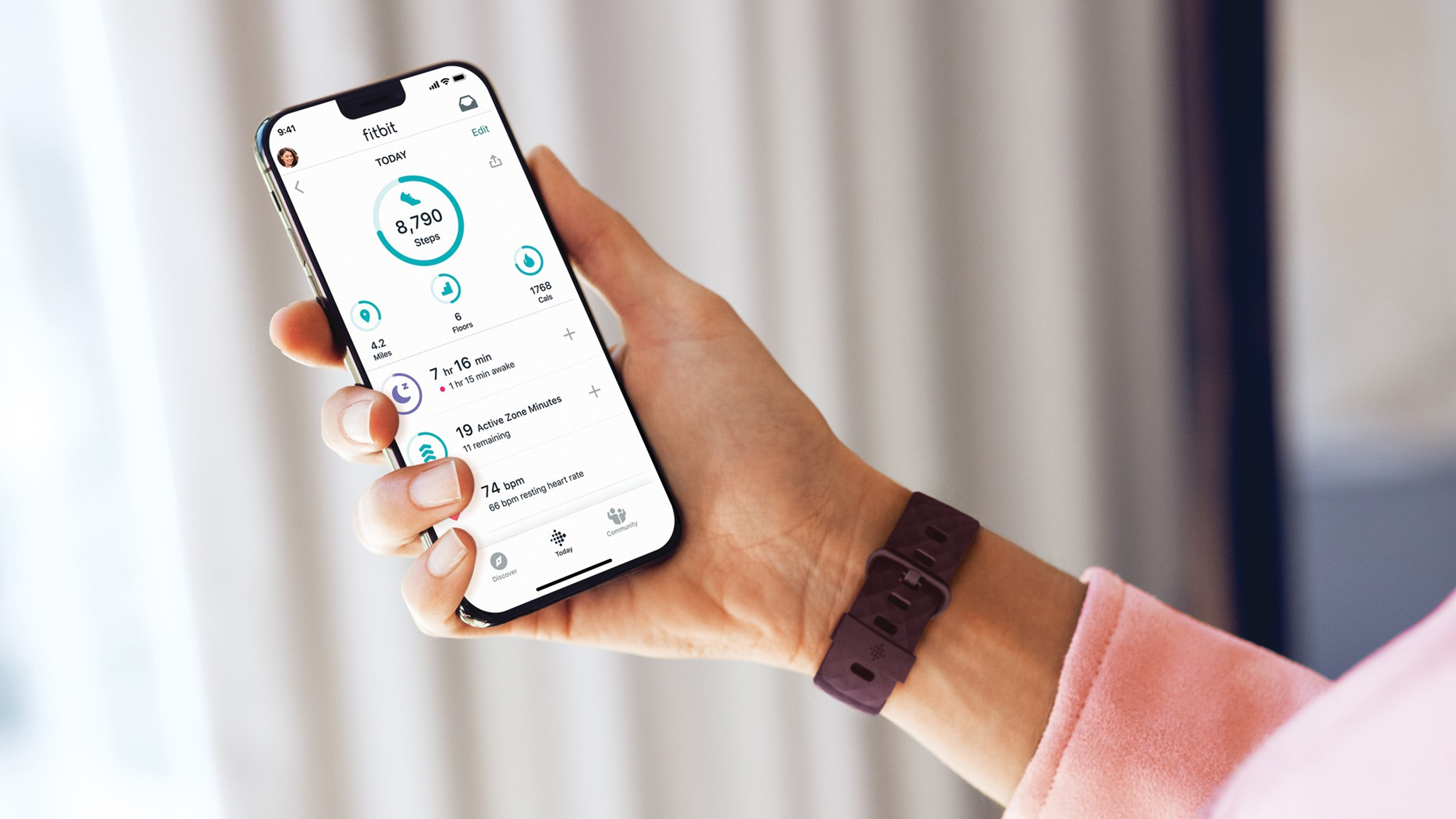Fitbit's new AI tool wants to take the stress out of your next doctor's visit – and I have some serious questions
Are we sure this is a good idea?

Sign up for breaking news, reviews, opinion, top tech deals, and more.
You are now subscribed
Your newsletter sign-up was successful
- A new Plan for Care feature is now available in Fitbit Labs
- It appears to be US-only for a select number of users
- The feature uses generative AI to prepare you for a doctor visit
It's been an interesting few months for Fitbit, what with new AI-powered software features and the promise of new hardware in 2026, and there's now a new feature in testing that's intended to take the stress out of your next visit to the doctor.
It's called Plan for Care, and according to Fitbit it will help you get "personalized support" when assessing your symptoms at home and getting ready for a doctor's appointment. It's available now in the Fitbit Labs testing platform for "a select number of users".
There are two key features here: the option to chat through your symptoms and what they might mean, and a preparation tool for brainstorming what you could say to your doctor and what the visit will potentially involve.
As per Fitbit, data collected through Plan for Care "will be used by Fitbit for research and development purposes to improve these and future health features", so bear that in mind. Fitbit has instructions here for managing the data it has access to through Fitbit Labs.
Disclaimers abound

"This Lab is for investigational use only and is not intended to diagnose, treat, cure, mitigate, prevent any disease or condition, or be used as a substitute for professional medical advice," says Fitbit.
The feature was originally spotted by Android Authority. The app code refers to a US-only test, and generative AI, and admits that the responses may be "offensive, incomplete, out-of-date or clinically inaccurate or misleading" – a rather hefty disclaimer.
Fitbit doesn't mention generative AI anywhere in its announcement, but that seems to be what's powering this – raising the usual questions about whether or not we should be relying on AI tools for any kind of health or medical advice, even in experimental form.
Sign up for breaking news, reviews, opinion, top tech deals, and more.
If Fitbit's AI can't diagnose issues or replace medical advice, and may be inaccurate or misleading, should it really be available in the app? Fitbit clearly thinks so, and it's not alone – Apple is working on something similar too.
Follow TechRadar on Google News and add us as a preferred source to get our expert news, reviews, and opinion in your feeds. Make sure to click the Follow button!
And of course you can also follow TechRadar on TikTok for news, reviews, unboxings in video form, and get regular updates from us on WhatsApp too.

Dave is a freelance tech journalist who has been writing about gadgets, apps and the web for more than two decades. Based out of Stockport, England, on TechRadar you'll find him covering news, features and reviews, particularly for phones, tablets and wearables. Working to ensure our breaking news coverage is the best in the business over weekends, David also has bylines at Gizmodo, T3, PopSci and a few other places besides, as well as being many years editing the likes of PC Explorer and The Hardware Handbook.
You must confirm your public display name before commenting
Please logout and then login again, you will then be prompted to enter your display name.